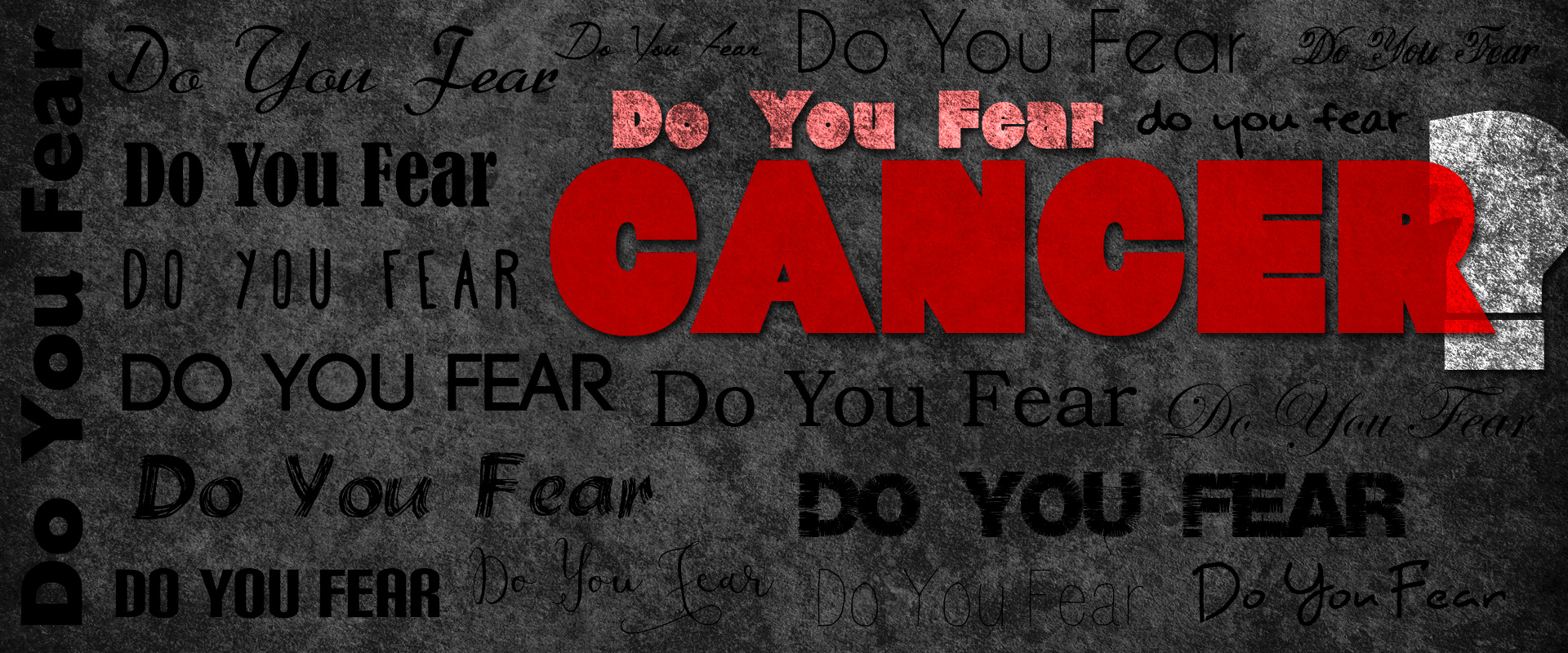
Russians fear oncological diseases but avoid preventative screenings.
Although 65% of Russians express fear at the thought of cancer, only 35% of them underwent a preventive examination this year, according to a NAFI analytical center survey. Furthermore, one in four Russians has never been screened for signs of oncological diseases, and 11% did so more than three years ago. Psychologists suggest people fear hearing bad news, as they believe cancer is incurable. Doctors, however, insist that regular prevention can detect the disease at an early stage and urge citizens to actively monitor their health.
The NAFI analytical center, Ingosstrakh company, and Bud Zdorov clinic chain studied Russians` attitudes toward the risk of developing oncological diseases. They surveyed 1,000 people over 18 from all federal districts. A similar survey in 2023 showed that the proportion of Russians who have encountered cancer has since grown by 9%. Currently, 62% of respondents have such an experience: in 56% of cases, the disease was diagnosed in close relatives, and in 6% — in the respondent themselves.
Thoughts of cancer still evoke fear in most Russians, but the number of those admitting this has decreased from 69% to 65% of respondents. Nevertheless, high anxiety about oncological diseases does not lead to regular prevention.
A third of surveyed Russians (26%) have never undergone cancer screenings, and another 11% visited doctors for this purpose more than three years ago. Only 35% of respondents were screened for cancer in the last year. However, 60% are willing to undergo a preventive examination or visit an oncologist based on a therapist`s recommendation. Of these, 66% are individuals who have encountered cancer in their social circle.
For those who have never had screenings, the most common explanation was a lack of information: 31% don`t know where to go or which procedures to undergo. Nearly a quarter (23%) believe prevention is pointless without obvious symptoms. One in five struggles to articulate a reason (19%), and 13% admit they fear receiving a bad diagnosis. Other reasons (multiple answers allowed) included lack of time (13%), high cost of procedures (10%), and distrust of examination quality (7%).
Andrey Kaprin, Chief Oncologist of the Russian Ministry of Health and Academician of the Russian Academy of Sciences, notes a paradox: fear of the disease does not become a stimulus for action, even though timely diagnosis can preserve a person`s health and life.
Mr. Kaprin emphasizes that «Russia has created one of the most extensive screening systems in the world,» which allows for testing for seven types of cancer as part of free medical check-ups (dispensarization). «Today, over 60% of malignant neoplasms are detected at early stages. This isn`t just dry statistics; it means that most of our patients receive treatment that yields significantly better results, doesn`t disrupt their usual rhythm of life, and allows them to continue working, raising children, and making plans,» comments the oncologist. He adds that such screening enables the detection of precancerous changes—when the disease hasn`t even begun.
Alexey Zaykov, oncologist and Deputy Chief Physician at Hospital No. 2 in Miass, suggests that medical successes publicized in the media contribute to a decrease in «oncological» anxiety. However, people are reluctant to undergo preventive examinations, despite dispensarization programs helping to detect malignant neoplasms at early stages. As a result, approximately 20% of new patients with malignant neoplasms have an advanced stage of the disease.
Olesya Tolstukhina, a clinical psychologist at the med-tech company «Doctor Ryadom,» states: «The public`s perception of cancer as a terrifying, fatal disease is linked to the recent past when it was most often discovered at late stages, when truly nothing could be done. This fostered a fear of learning that little time was left. Therefore, people postpone medical examinations, as if hiding from potential bad news.» However, the actual situation has significantly changed, Ms. Tolstukhina emphasizes: «It is necessary to intensify and continue campaigning for examinations, empowering citizens to take control of their health.»
Scientists predict a significant increase in cancer mortality.
The Russian Ministry of Health provided fresh statistics to «Kommersant» for the past nine months of 2025.
«Preventive medical examinations, dispensarization, preliminary and periodic medical check-ups» were completed by 69.9 million people—a 0.4% increase compared to the same period in 2024. The «frequency of primary detection of malignant neoplasms» was 118.9 cases per 100,000 examined, with over 52,500 new cases of oncological diseases also identified for the first time. Most commonly, these were breast cancer (184.6 cases per 100,000 examined) and prostate cancer (430.9 per 100,000 examined). «These diseases are most frequently found among the female and male populations, respectively,» the Ministry of Health clarifies. «The detectability of colorectal cancer—47.3 cases per 100,000 examined, malignant neoplasms of the cervix—15.4 per 100,000 examined, and skin cancer—17.7 per 100,000 examined, also plays a significant role.»











